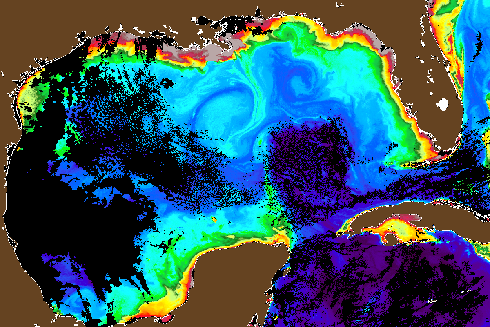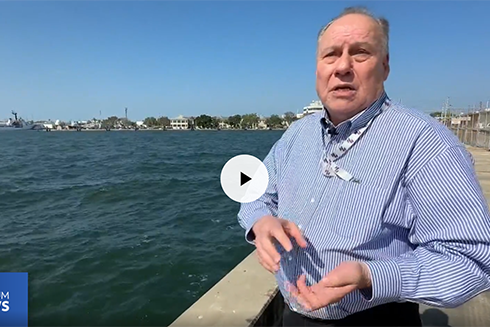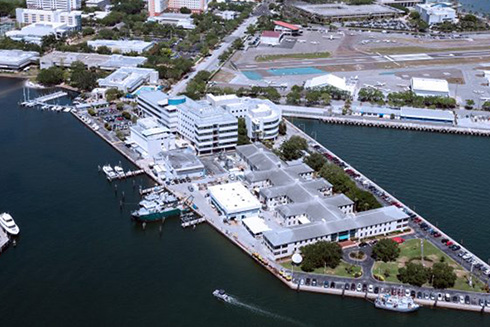News
News Articles
Viewing items with Category: All Categories, Year: All Years

Advancing ocean science with “trailblazing” PACE mission
NASA’s PACE mission brings state-of-the-art technology to satellite Earth observations.
April 29, 2024News

Portion of state gambling revenues to go toward flood research in St. Pete
The Florida Flood Hub in St. Pete received funding through the Resilient Florida Program. Its goal is to model and predict how flooding will affect Florida in the future, so informed decisions can be made at the state and local levels on the best ways to mitigate flood risks.
April 11, 2024Florida Flood Hub, News

Congratulations to the 2024 Spoonbill Bowl Winners
The Spoonbill Bowl is a regional National Ocean Sciences Bowl hosted by USF CMS.
April 5, 2024Blogs and Perspectives, Community Engagement

Sea urchin killer spreads to new species, region
A deadly parasite that decimated sea urchin populations in the Caribbean has spread to coral reefs in the Sea of Oman and threatens populations around the world.
March 25, 2024News

CMS researchers use art as dynamic tool for science communication
How art can be used as a powerful tool by scientists to communicate science effectively, provide fresh perspectives, and make complex ideas more understandable.
March 22, 2024Community Engagement, News

Rising Tides - February 2024
View some of the highlights in the Rising Tides Newsletter, February 2024 edition.
February 29, 2024Rising Tides Newsletter

Hungry herbivores threaten subtropical seagrass meadows
Tropical herbivores, which are on the move due to ocean warming, could harm subtropical seagrass meadows that are less resilient to overgrazing.
February 26, 2024News

USF to tackle environmental challenges through new initiative with Tampa Bay Wave and the St. Petersburg Innovation District
USF continues to strengthen its collaboration with Tampa Bay Wave and the St. Petersburg Innovation District through the creation of a new program that addresses some of the nation’s most pressing environmental concerns.
February 21, 2024News, Resiliency News

Frank Müller-Karger, Distinguished University Professor, recognized for pioneering scientific research and leadership
From whale research to satellite-based remote sensing, Frank Müller-Karger has earned recognition as a Distinguished University Professor at the University of South Florida.

CMS celebrates 40 years of Graduate Student Symposiums
The breadth of topics covered during the 2024 Graduate Student Symposium illustrates the impressive scope of science conducted at the College of Marine Science.
February 13, 2024Blogs and Perspectives

Six CMS students awarded the 2024 SAML student award
Six students from the USF College of Marine Science are recipients of the SAML Student Awards for 2024.
January 30, 2024Awards, Blogs and Perspectives

CMS in the News 2023
The USF College of Marine Science news team is dedicated to sharing USF CMS's research to local, regional, and global audiences. View CMS in the news for 2023.
December 18, 2023CMS in the News